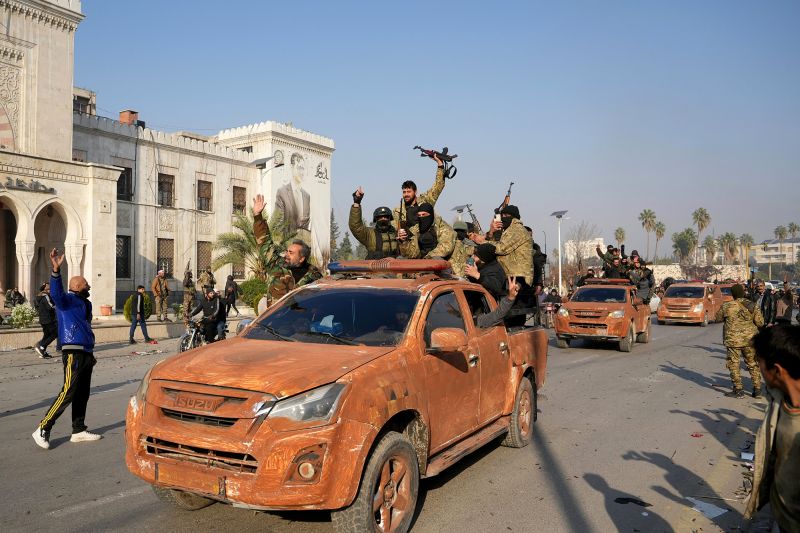The Syrian Rebellion and Its Potential Impact on the Middle East’s Power Balance
The Syrian rebellion is an ongoing conflict that has fundamentally altered the Middle East’s landscape. This conflict, rooted in political, religious, and cultural differences, potentially holds significant implications for the power balance in the Middle East.
The trigger of the rebellion dates back to the 2011 Arab Spring, where Syrian individuals demanded an end to Bashar al-Assad’s regime. This call for change evolved into a war that involved various global powers, exposing the fragile fault lines within the Middle East’s complex political sphere.
Firstly, the Syrian rebellion has significantly challenged the national sovereignty of Syria, an established regional power. As the conflict evolves, it undermines the state’s claims to territory, harming its authority both domestically and internationally. This power vacuum opens avenues for neighboring countries and non-state actors, like Turkey and Kurdish forces, to exert more substantial influence in the region.
Turkey, for instance, has strategically exploited the conflict to strengthen its geopolitical standing. It has actively intervened in the Syrian crisis, targeting Kurdish forces along its border. By doing so, Turkey not only limits the growth of Kurdish influence but also projects its power, trying to assert regional dominance.
The rebellion has also allowed Iran to extend its sway over the Middle East. It supports the Assad’s government for strategic reasons like maintaining a land route to Lebanon, where its ally Hezbollah is based. Iran’s continuous involvement in Syria bolsters its geopolitical standing and influences the power dynamics in the Middle East.
Moreover, the Syrian rebellion creates a space for increasing Russian influence in the region. Russia is a significant ally of the Assad’s regime and its military intervention in 2015 was a critical turning point in the conflict’s dynamics. This action has essentially reconfirmed Russia as a global player and a power broker in the Middle East arena.
Simultaneously, international observers have noted a relative decline in American influence in the region due to the Syrian rebellion. The Obama administration’s hesitancy to intervene directly during the early phases of the uprising and President Trump’s decision to withdraw troops resulted in reduced U.S. control. This lower influence signifies a shift in power dynamics and allows other global and regional powers to fill the vacuum.
Non-state actors should also not be overlooked. The Syrian rebellion has paved the way for organizations such as ISIS to rise to power. The insurgency against the Syrian government offered these groups more substantial bargaining power and influence over the country’s politics, further complicating the power dynamics in the region.
Moreover, the competition between Sunni-majority nations, such as Saudi Arabia, and Shia-majority states, like Iran, is exacerbated by Syria’s rebellion. Sunni groups in Syria have received funds and weapons from Sunni-majority nations, while the Assad regime, which follows Alawite Islam related to Shiism, receives support from Iran. This intensifying sectarian conflict contributes to the shifting balance of power.
In regards to regional alliances, the rebellion has disrupted long-standing arrangements. Countries traditionally aligned may find themselves on opposite sides, such as the United States and Turkey both being NATO members but having contrasting views on the Kurdish issue. Such discord effectively rattles the existing power structure, leading to greater uncertainty across the region.
The Syrian rebellion, in essence, has undeniably reshuffled the balance of power in the Middle East. It has undermined the traditional power blocs, simultaneously opening opportunities for emerging agents to assert their influence. The multilayered alliances, power plays, geopolitical interests, and sectarian divisions exposed by the Syrian rebellion make it clear that the conflict’s resolution could dramatically restructure power dynamics in the Middle East. The consequences of this reshuffle will surely be far-reaching and long-lasting.




